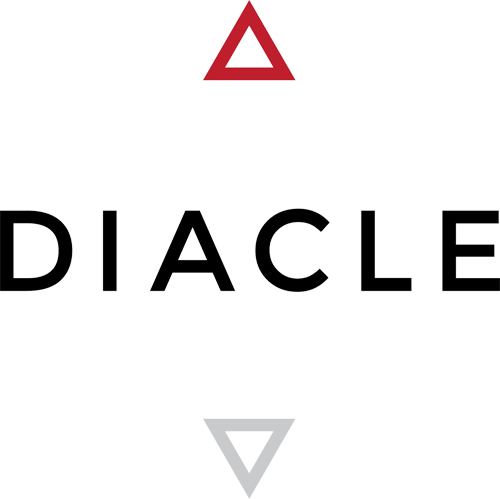Bitcoin as a Financial Instrument?
Under the Markets in Financial Instruments Directive (MIFID) financial instruments are regulated. This means if you sell, arrange deals or safeguard financial instruments then you need authorisation. A derviative based on a financial measure is deemed to be a financial instrument. In this short article, I will look at the implication of recognising digital currency as a financial measure. In Germany, Bafin looked at digital currencies and labelled them as ‘units of account’, effectively financial measures. The main point to note about Germany is that under their law, financial measures are financial instruments in their own right. Under MIFID, however, financial measures are not financial instruments unless you build a derivative on top. Sounds confusing? Ok, let’s break it down..
What are these ‘units of account’?
In a modern context, a unit of account would be money. Money is used to measure value. Money, however, implies legal tender, which is not necessarily the case with units of account. Historically, non-legal tender coins were used as units of account. An interesting example is France in the 18th Century where the Livre Tournois and the France co-existed in the same economy: the Franc had legal tender and the Livre Tournois was pegged to the Franc in value, but was still commonly used as a way to price items in the economy. When Louisiana was sold, it was priced in Francs and Livre Tournois.
In Germany, they looked at bitcoin and said that it was a unit of account. They said these units are similar “to foreign currencies and not of legal tender“. Well, the quite unique thing about Germany is that these units of account are deemed to be financial instruments in their own right.
Have a look at section 1(11)7 of the German Banking Act where it refers to “currencies or units of account” as being financial instruments. In a nutshell, if you are trading, advising, managing bitcoin in German then you need authorisation from Bafin. Interestingly, the regulation of ‘units of account’ per se in Germany appears not to be based on MIFID. This appears, in fact, to be a widening of the scope of regulated instruments in Germany and so only has relevance in that jurisdiction. MIFID does not refer to units of account as being financial instruments in their own right – you need to throw in a derivative to make it so.
If the UK follows Bafin in labelling bitcoin as units of account but takes a strict reading of MIFID, then we will end up with only derivatives in bitcoin being regulated in the UK. Which is a good or a bad thing depending on your opinion. The next more interesting question is whether the EU are going to come out with a specific nomenclature for digital currencies. Watch this space. The French politcians are spurring the debate forward and the UKDCA will be building a pan-EU association lobby to ensure some consistency. Note that some countries in the EU are doing their own thing with bitcoin, the Finnish like it as a commodity, the Swedish as an asset and the French haven’t defined it yet but have said that anyone providing an intermediary service will need to register as a payment institution.
